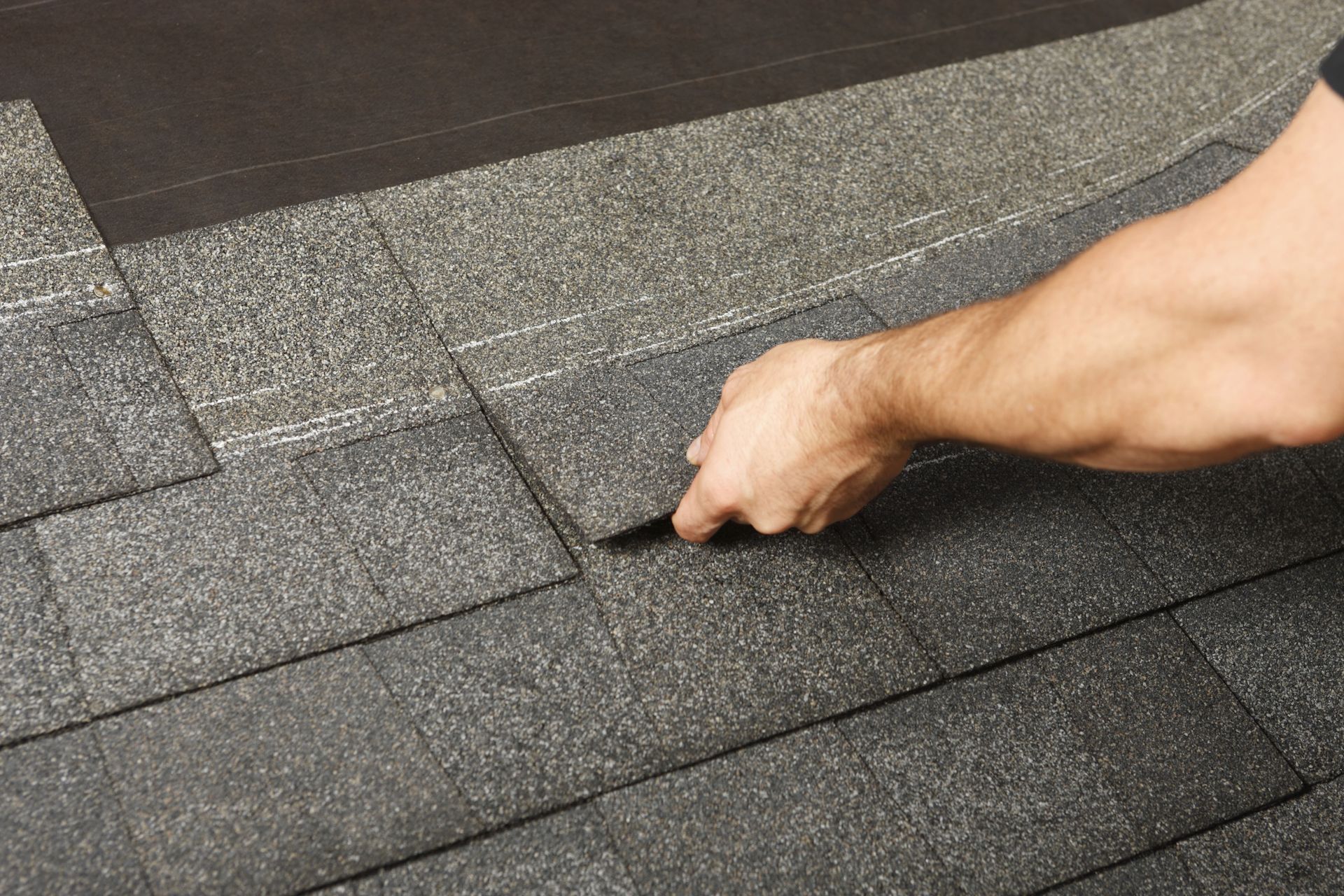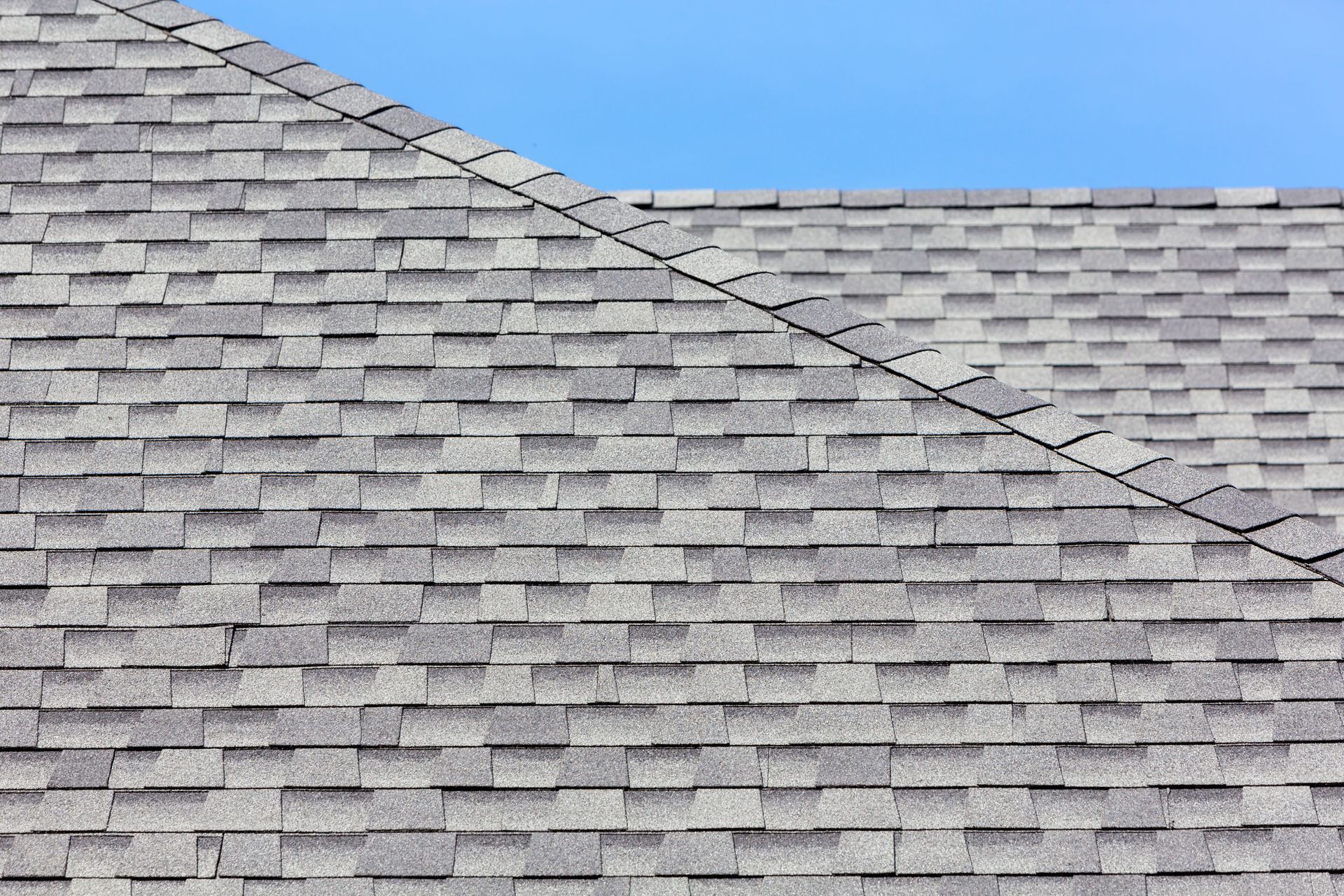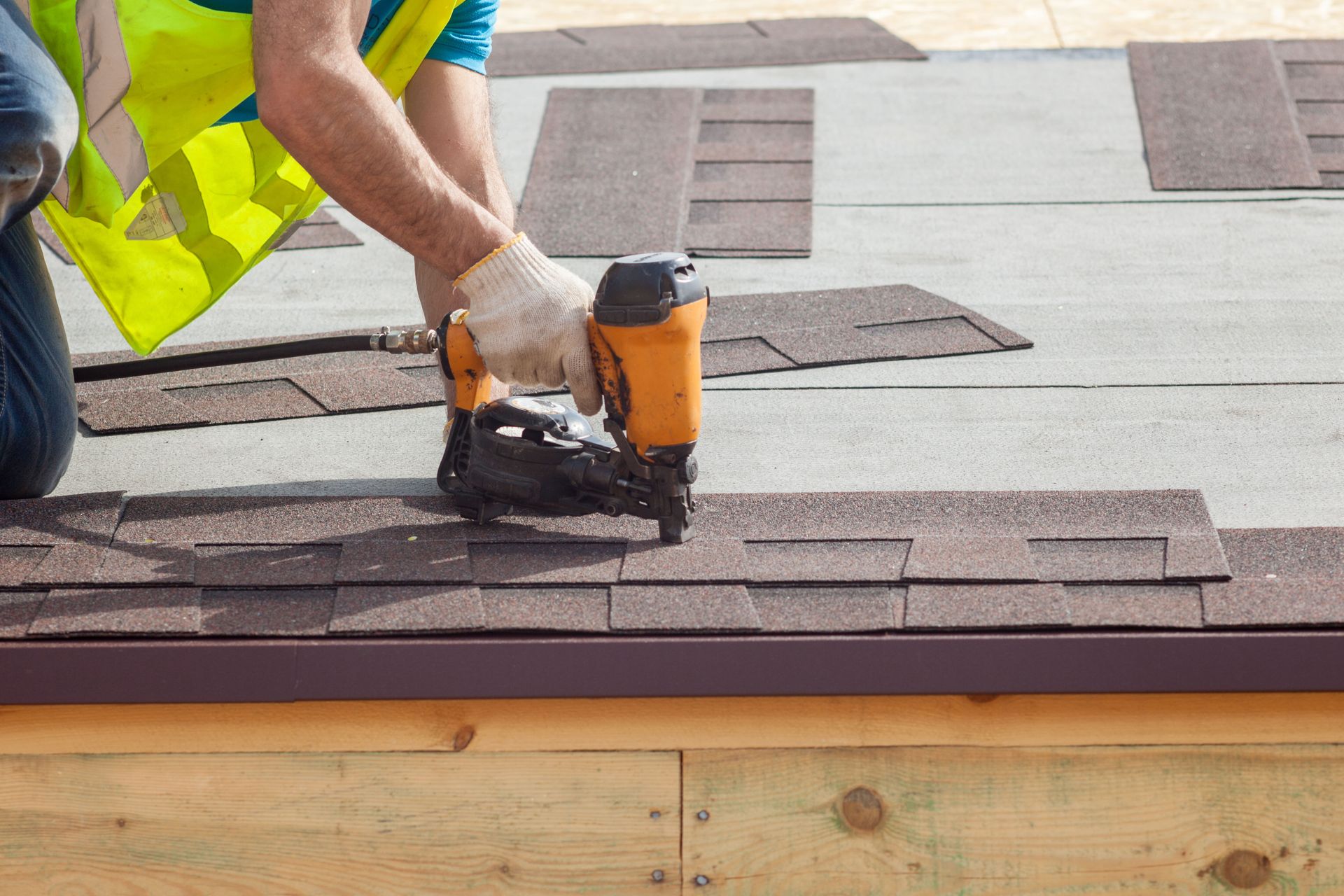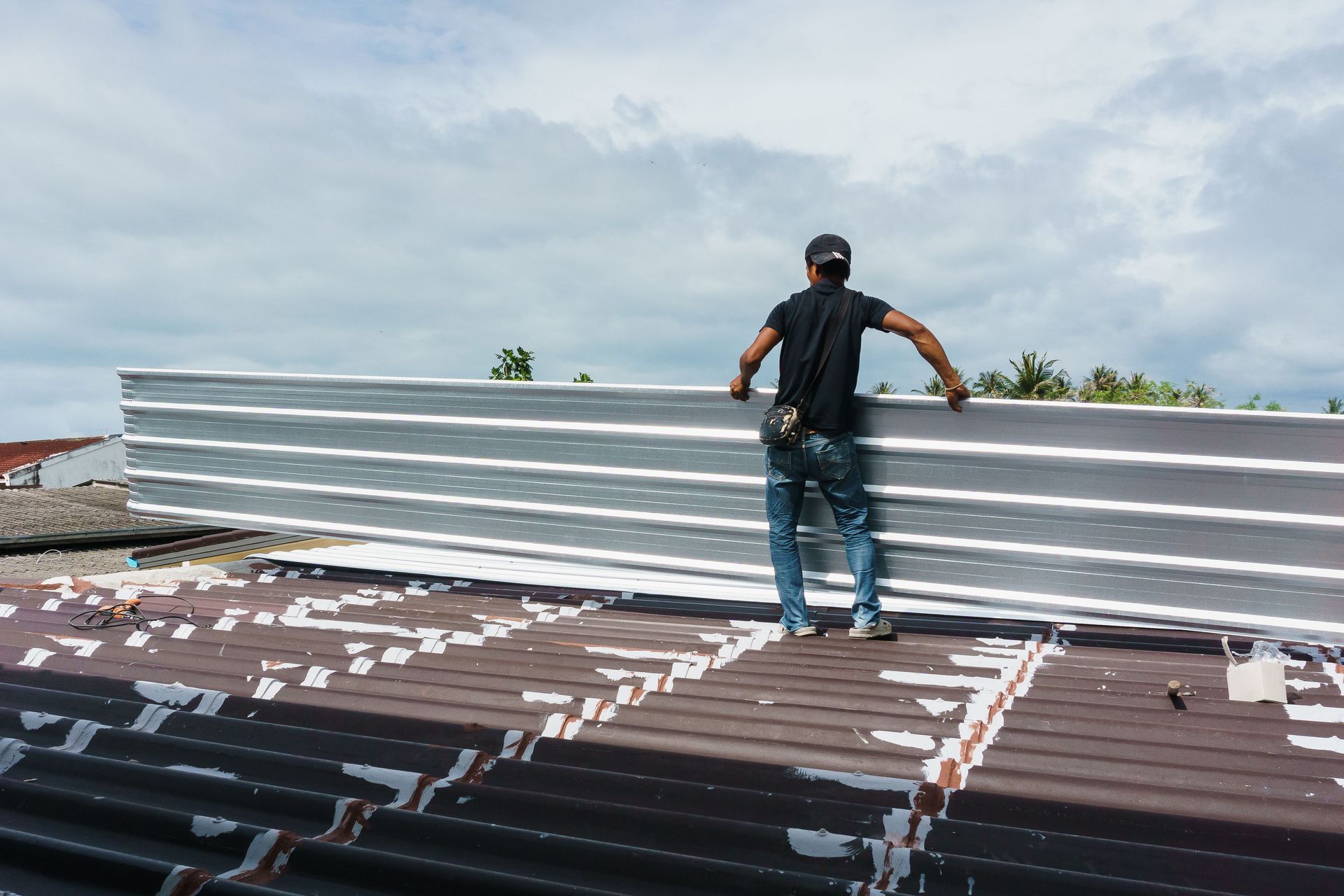What Should You Look for in a Local Roofer?
When your roof needs repair, replacement, or maintenance, the decision about who to hire matters more than just the quote. A local roofer isn't just someone nearby — they can be your partner in protecting your home, your investment, and your peace of mind. In this post, we'll explore what you should look for in a local roofer, why those qualities matter, and how to separate the reliable from the risky. By the way, according to IBISWorld, the market size of the roofing contractors industry in the United States is $76.4 billion in 2025.
Demonstrating Experience, Demonstrating Skill
One of the first things to look for in a local roofer is a track record of experience. Roofing is a craft built on practice, judgment, and knowledge of materials, climate, and structural realities. A roofer who has served your region for many years is more likely to have handled the kinds of issues you face—from wind, snow, hail, heat cycles, and drainage problems. Ask how many years they've been in business and how many similar roofs they've done.
Experience should also come with skill. A local roofer should be able to assess problems accurately, diagnose hidden trouble like ice dam potential, flashing failures, or structural shifting, and propose solutions that last—not just patch jobs. When a roofer confidently discusses underlayment, ventilation, proper flashing, and local weather challenges, it's a strong sign they know their craft.
Offering Transparency, Offering Credibility
You should expect clarity and honesty from any roofer you consider. A trustworthy local roofer will provide a detailed estimate that breaks down the cost of materials, labor, permits, and removal of old roofing. If the estimate is vague, that's a red flag.
Also, look for credentials. Proper licensing, manufacturer certifications, insurance coverage, and references from past customers all contribute to credibility. A roofer who resists showing proof of insurance or who refuses to name past clients is not offering you the transparency you deserve. Credibility grows when a local roofer stands behind their work with warranties and is willing to address problems beyond the installation.
Providing Responsiveness, Providing Reliability
When your roof leaks or is damaged, time matters. A local roofer should be responsive—returning calls, inspecting problems quickly, and giving estimates or assessments in a timely fashion. If you reach out and get no return calls for days, that's a signal of how they'll treat you during the project.
Reliability means showing up when promised, sticking to the schedule, arriving with the right crew and equipment, and finishing what they commit to. If a roofer is constantly delaying, rearranging, or missing deadlines, it erodes trust. A local roofer who is rooted in your area is more likely to be viable in the long run: less travel cost, more accountability, and a vested interest in maintaining a reputation in your neighborhood.
Ensuring Quality Materials, Ensuring Proper Methods
A local roofer should be able to explain and justify their choice of materials—shingles, underlayment, flashing, vents, fasteners—not simply pick the cheapest. Quality materials matter: inferior flashing or underlayment can lead to leaks, ice damage, and premature wear.
Beyond materials, the methods they use should align with best practices: proper ventilation, flashings sealed correctly, secure nailing patterns, attention to soffit, ridge vents, and proper slopes. If a roofer cuts corners—uses fewer nails than recommended, skips underlayment, or fails to address ventilation—you may save money today but pay for failures tomorrow. Ask how they'll handle drip edges, lifetime warranties on shingles, sealing of valleys, and how they'll inspect work before closeout. A local roofer worth your trust won't hide their methods or avoid discussion of technical details.
Communicating Clearly, Communicating Responsibly
Good communication is often underrated in a roofing project, but it is essential. From the first phone call to the final walkthrough, your roofer should keep you informed: when they'll arrive, how long the project will take, what disruptions you should expect, and how they handle unexpected issues. If plans have to change—bad weather, subcontractor delays, defective materials—they should notify you immediately.
A local roofer who communicates clearly also listens. If you have questions, concerns, or preferences, they should take them seriously and explain tradeoffs. Poor communicators may gloss over problems or surprise you at cleanup time with extra charges you didn't anticipate.
Backing Work With Warranty, Backing Work With Accountability
A sign of confidence is a warranty. A local roofer should offer a workmanship warranty in addition to the manufacturer's warranty on materials. Having that backing means they're willing to revisit the job if flaws emerge. But it's not just about offering a warranty — read the fine print. What are the conditions? Do they reserve the right to void the warranty if you don't maintain the roof? Will they return and perform repairs promptly?
Accountability is also local. If a roofer is based in your community, it's easier to follow up on claims, inspections, or repairs. They live in the same environment that your roof faces. A local roofer has more incentive to stand by their reputation and maintain quality over time.
Respecting Community, Respecting Customer Property
It's not just about roofs and shingles: a good local roofer respects your property, your neighbors, and your community. They should take measures to protect landscaping, keep debris contained, use magnetic sweepers to pick up stray nails, be courteous to neighbors, and maintain a clean, safe site. A roofer who trashes lawns, leaves nails scattered, or disregards local noise ordinances shows a lack of respect.
Also, supporting the community—hiring local labor, sourcing materials nearby, maintaining local references—speaks to integrity. When you choose a local roofer, you're also investing in your neighborhood's economy.
Evaluating Value, Evaluating Longevity
Price is always a factor, but it shouldn't be the only one. A low bid might look attractive, but if it comes with weak materials, short warranties, poor installation, or minimal inspection, you might pay more in the long run. A high bid doesn't always guarantee excellence, either.
Therefore you should evaluate value: weigh quality, service, reputation, and warranty alongside the price. A durable roof installed well and backed by a strong local roofer is an investment that serves you for decades. As you evaluate proposals, imagine the longevity: will this roof endure severe weather? Will it avoid leaks over time? Will the roofer be around ten years from now to honor warranty concerns?
Making Informed Decisions, Making Confident Moves
When it comes time to decide, you want confidence that you're hiring a local roofer who will deliver what they promise. Don't hesitate to ask questions: How many roofs like mine have you done? What exactly is included in the quote? Can I see your insurance and licensing? What's the warranty process? Who manages the project on-site?
Also, trust your instincts. Did they arrive promptly to inspect? Did they treat you with respect? Did they show materials and explain details clearly? A roofer who cuts corners early is likely to cut corners later.
In summary, a good local roofer demonstrates experience, credibility, responsiveness, quality methods, clear communication, warranty backing, respect, and real value. If you keep those core qualities in mind, you'll be well-positioned to choose a roofing partner who doesn't just fix your roof, but protects your home and your peace of mind for the years to come. When you're ready to explore trusted roofing in your area, reach out to RF Custom Construction.





Share On: